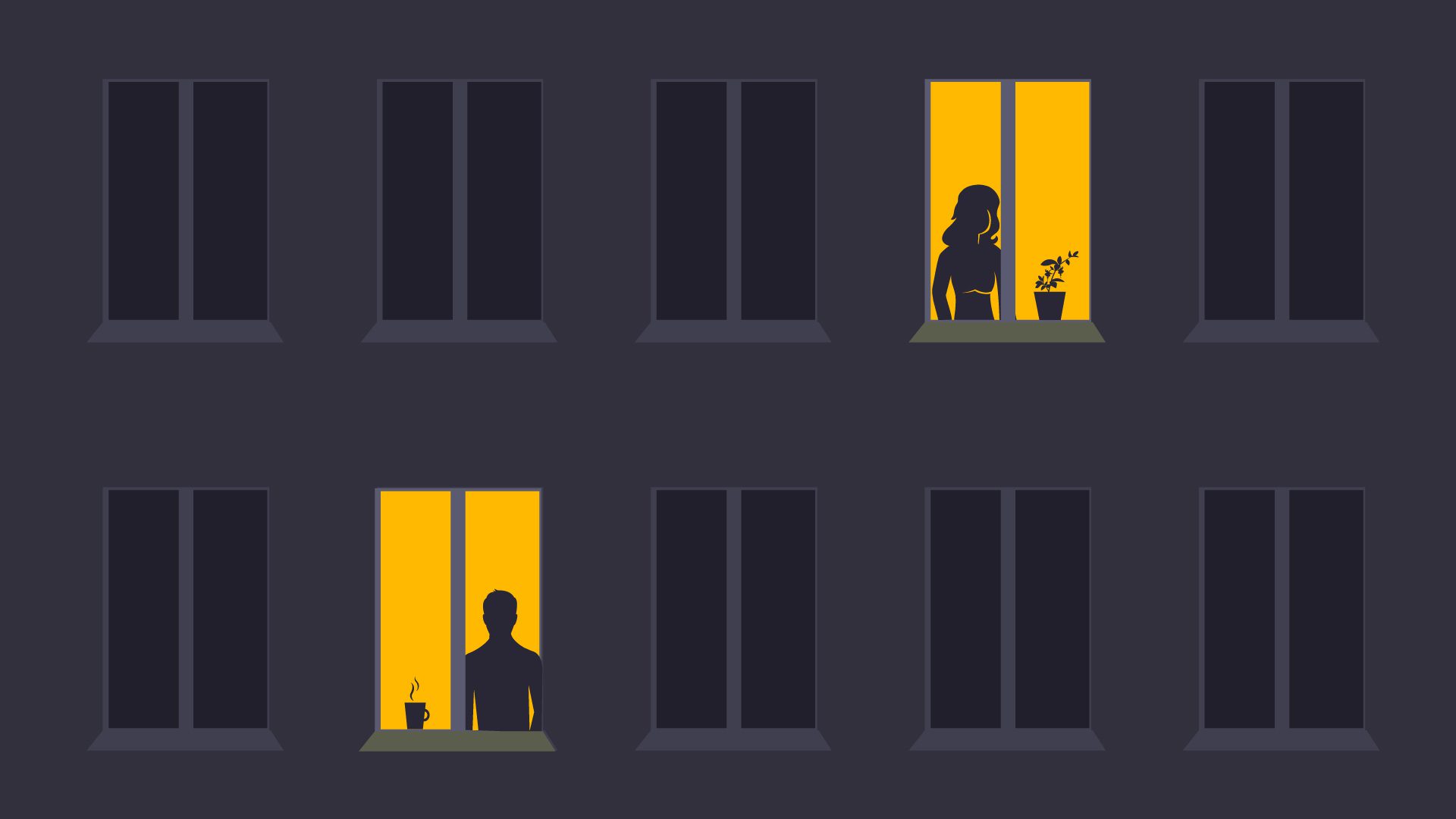- March 18, 2020
- By Maryland Today Staff
Anxiety. Fear. Frustration. Loneliness. Boredom. As schools and businesses shutter, people retreat into their homes, and everyone waits for the new coronavirus to hit their communities like a vicious tidal wave, these unprecedented times may be churning up an unsettling mix of emotions.
Maybe you’re worried about getting exposed, or your family and friends contracting COVID-19. Or maybe it’s uncertainty about your classes, or your workload, or lost wages or retirement funds, or shrinking child care options. Maybe you feel isolated, or even are angry at people you think put your health and safety at risk.
Dr. Chetan Joshi, director of the University of Maryland’s Counseling Center, said yesterday that these are all normal when questions so dramatically outnumber answers.
He offered the following five tips, based on advice from the American Psychological Association and the Substance Abuse and Mental Health Services Administration (SAMHSA), to constructively address these feelings:
Educate yourself. The 24/7 media coverage makes the risks seem tremendous, but this may not always be true. Certain categories of the population are at higher risk than others. Go to reliable sources such as the Centers for Disease Control and Prevention and the World Health Organization to get the facts—and ease some anxieties.
Be your own advocate. If you have any symptoms of the virus or questions about your risk, contact your health care provider and explain your circumstances. Or if you’re feeling some financial stresses, contact your supervisor and ask what your options are. “Getting supporting guidance is going to be important. Ask any questions as needed. Don’t be afraid,” Joshi said.
Reach out to people you trust. Even amid social distancing, you can reach out by phone, email, texting or social media. “The more you keep connected and have these conversations, the better you will feel; the more you disconnect, the more you are likely to feel alone.” He recommended the SAMHSA Helpline (1.800.662.HELP) as one option.
Use practical coping strategies: Meditation, exercise, playing games or practicing hobbies at home are all stress-busters. Or if you are working, pace yourself; if you complete a challenging task, then take a break. Establish a healthy routine to manage anxiety. “Having a good routine helps sustain a feeling of control,” he said.
Have a sense of hope. What and who are you grateful for in your life? “The goal here is to balance all of the negative information with the positive. How do you reconnect with those positive things?”
If, however, your mental health symptoms have escalated, and you’re having trouble functioning, don’t hesitate to ask for help, Joshi said. Call your doctor or therapist and ask about your options.
Topics
COVID-19 InformationTags
Mental Health